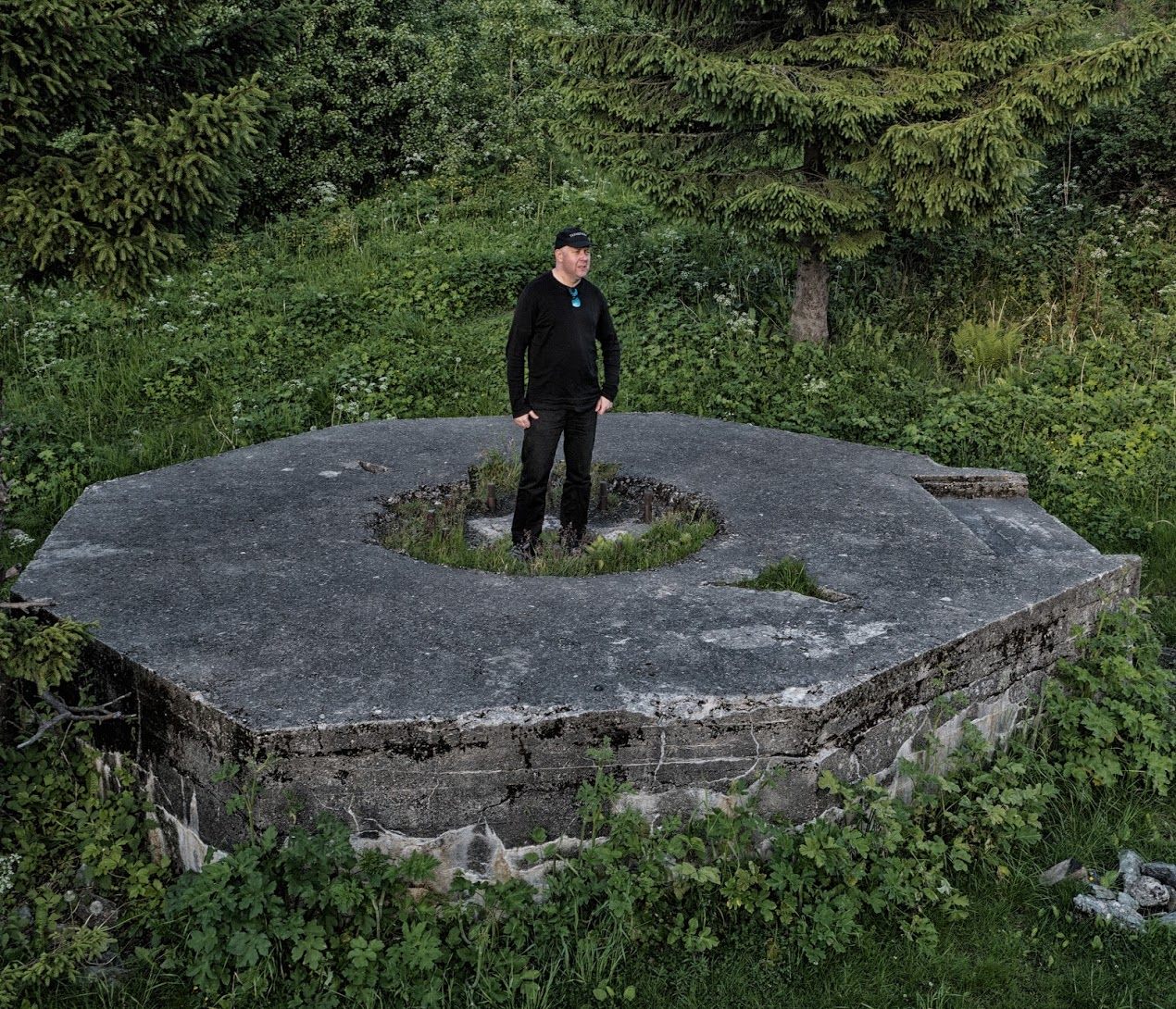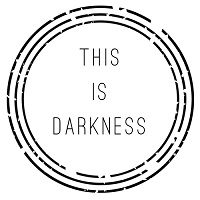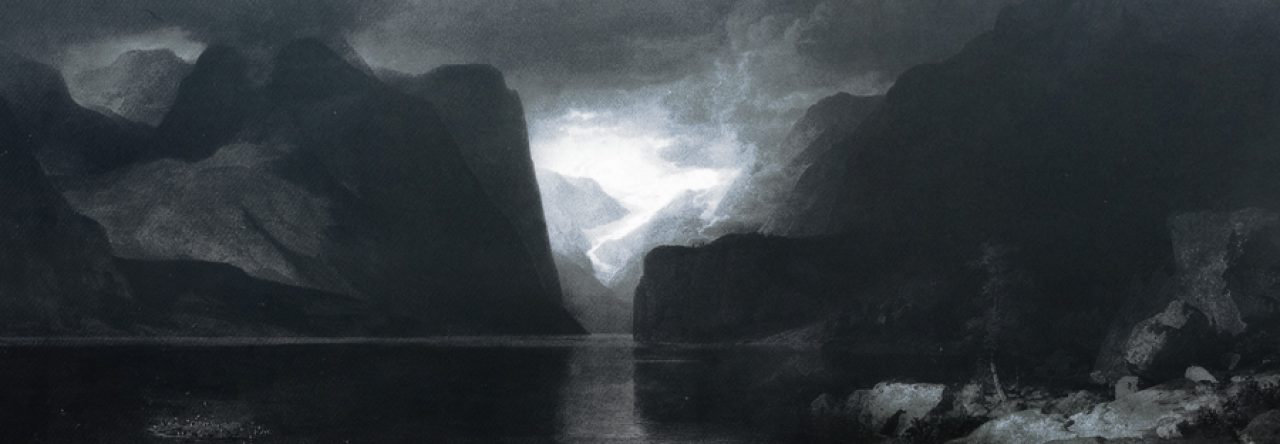4. Vocals
a. Do you use your own voice, hire a voice actor, or use samples from films/television/speeches?
Treha Sektori: I use my own voice.
Mebitek: Usually I record my own voice, but sometimes I need female vocals.
Stuzha: I use my own voice, but I don’t like how it sounds. I used film samples a lot for one of my cinematic drone projects.
Seesar: I most often use my own voice, and employ a range of vocal techniques to provide varying timbres, as I can. Once or twice, I have used vocal sounds from other people, and live I have used many vocalists at once for a choir-like passage. I have not used samples from film or television, but it is certainly a possibility, if you have the permission to use the material.
Skadi: When I use vocals, I usually use samples.
Shrine: Samples only.
Sonologyst: Yes, samples from old documentaries, movies, speeches are my favorite. But I also asked singers to send to me parts for specific uses.
Taphephobia: Mostly I use my own voice and sometimes I ask friends. Clips of real people (for example on Youtube) or movies, too. I don`t think I will use that much movie samples in the future. To be honest, I don`t think I need it.

Ketil Søraker (Taphephobia)
Photo by: Egil Anders Rønning
Ugasanie: Mostly my own, but sometimes also samples from films. Alternatively, sometimes people share material, if you ask. For example, the track ” Arctic Hysteria” turned out so.
b. Is it necessary to ask permission of the original copyright holder before using samples of vocals in your music?
Stuzha: Better to ask, but you can find lots of really amazing movies to sample on archive.org. But at the end of day I make no money out of it!
Seesar: Exceptionally important. You do not want to have your work removed from online hosts or incur legal action because you incorporated a sample for which you did not have permission to use. It does happen. Check the current sampling laws in your country with your performing rights organization to get the details you need to stay within legal constraints of sampling. They are much more lenient than you may expect, and you may also find that the source you wish to sample is quite willing to give you permission, typically under a creative commons license that will allow you to use their work/recording for merely giving them public credit for the sample. Furthermore, there is little reason to sample without permission. Creating your own samples is easy and keeps your music original with you holding all the rights, so it is to your benefit to stay within the law and only sample with permission. In my experience, doing so has always resulted in benefits for me and my music, which is a pleasant bonus for only using samples with permission.
Skadi: It depends. Basically, you need permission for the usage of samples, especially when you take whole passages from other music. Sample Libraries with speech samples contain a royalty free license which allows you to use them.
protoU: Just don’t use copyrighted samples 🙂
Shrine: Good question. There are three times I have used spoken-word samples so far: one taken from a film, and two from Youtube videos. I only checked the copyrights of the movie, because I used that sample almost without changing it. The other two, I changed drastically, so to me there was no point to bother with copyrights.
Sonologyst: No, for they are usually very short samples or free samples.
Next: Dark Ambient 101: DAW (Digital Audio Workstation)
Read the full article.


Leave a Reply